What was this work about?
Sitra launched the Isaacus – the Digital Health HUB project in 2015 to pave the way for a one-stop-shop operator to collect and co-ordinate well-being data for further use. During the project, the organisation of the new operator, its service model, and its customer base and customer needs were outlined. Based on a number of reports published under the project, a plan for the launch and the operations for the new digital health hub were produced, detailing the resources, competence needs and functions it would require.
Co-funded by Sitra and delivered by collaboration partners, the pre-production projects developed and tested various building blocks required by the new centralised permit-issuing authority and digital health hub, such as a permit and information portal, common metadata descriptions and the collection, handling and remote user environments for the data. Besides the above pre-production projects, the project also involved technology pilots related to, among other things, data lakes. The project comprised eight pre-production projects.
At the same time, the Ministry of Social Affairs and Health prepared a legislative proposal on the secondary use of social and health data, which would set the legal framework for the new centralised permit service and digital health hub. New legislation is necessary to ensure the production of high-quality social and healthcare services through knowledge-based management practice and to lay the foundations for new business operations, research and growth. The goal was to build an influential research and development environment in the health and well-being sector in Finland.
How did this work proceed?
The pre-production projects started in stages during 2016 with the last ones completed during 2018. The pre-production projects were steered and co-ordinated by Sitra. Their progress was also monitored by a separate steering group.
To create the plan of action for the digital health hub operator, several extensive technical and functional investigations were carried out. The collaboration was facilitated by a network of Finnish and international experts, which convened with the developers at regular stakeholder meetings to share their input and views. Another dimension of the project was to gather an extensive body of public opinion on the use of well-being data through various workshops, the outcomes of which were fed into the development work.
What was achieved?
Pre-production projects
In the Hospital District of Helsinki and Uusimaa (HUS) data lake project, a cloud-based, open-source code data lake was implemented, and different patient data systems were integrated into it in the project. Additionally, metadata was collected on the transferred data into a national metadata service. The project provided HUS with know-how on the technologies used and an understanding of how this know-how can be used in clinical research and biobank research. The work led to the first technical data lake solution developed in the Nordic countries that can be used for AI-based healthcare system development.
The City of Kuopio project produced a data lake with integrated data systems from the local social welfare and healthcare authorities. Besides data, the data lake also provides a selection of tools for data analysis and visualisation of the “researcher’s e-desk”. Data was used to analyse the efficacy of the care path in social services and create text analysis of the narratives produced by social services. The City of Kuopio has entrusted the maintenance and further development of the data lake to Kuopio University Hospital. The project used solutions developed by the HUS data lake project where applicable.
The project by the Hospital District of Southwest Finland piloted a regional data lake for different needs and different types of users in the region. The project produced a wealth of new knowledge on data lake technology, data quality and data management for the purpose of the secondary use of well-being data.
The implementation of the data lake solutions developed by HUS and VSSHP was evaluated in a report authored by Richard Darst, Mikko Hakala and Kimmo Kaski from the Department of Computer Science at Aalto University.
Desktop views for different users were developed in the VSSHP 360 views project, in which the clinical data service capabilities of VSSHP were developed in the areas of visual analytics and data analysis. As a result, a model that will benefit organisations implementing a corresponding operating model elsewhere in Finland was also created.
The technical documentation and the source code of all pre-production projects have been published online.
The remote user environment was developed in a project led by Statistics Finland, in which a data-secure environment for the use of well-being data was carried out in collaboration with and the National Institute for Health and Welfare (THL), the Biobanking and Biomolecular Resources Research Infrastructure (BBMRI.fi) and the Institute for Molecular Medicine Finland (FIMM). The project also produced ready-made data files to speed up research processes.
A project led by the National Archives of Finland created an information and support portal operating on a one-stop-shop basis. Researchers can apply for authorisation to use the data and material in the social welfare and healthcare register. The permit service also piloted the search functionality of ethical evaluations. In addition, the project implemented an information and support portal offering information about the access limitations of social welfare materials, the prerequisites for using data and the various intended uses of the data.
A project steered by the National Institute for Health and Welfare (THL) developed a solution for creating and managing common metadata descriptions for well-being data.
The descriptions are integrated into a public web service where they are available for researchers, for example. Statistics Finland and the Finnish Social Science Data Archive were key co-operative partners in the project.
A project led by BBMRI.fi created a common process and tools for all biobanks for the formulation of research data. The pilot combined digitised samples collected by the biobanks from breast cancer patients and the data related to the samples, and information from pharmaceutical reimbursement statistics and the Finnish Cancer Registry with clinical treatment information.
Alongside the pre-production projects and the tools and functionalities developed in them, the collaboration between authorities has become closer, enabling more wide-reaching development work across sectoral boundaries. The outcomes include new tools for using data in social services and healthcare and help accumulate experience with new technologies.
During the project, an international network of experts representing more than 10 countries was formed around the theme. The leadership of the network will remain in Finland after the closing of the Sitra project. International co-operation is vital for research, innovation and development, as well as policymaking. Through this project, Finland has benefited substantially from the knowledge shared by other countries, while Finnish know-how has been exported abroad.
The launch of the digital health hub was taken over by the Ministry of Social Affairs and Health in summer 2018. The establishment of the permit service and the digital health hub continues under the ministry. The ministry project is based on the reports and recommendations produced as part of the Sitra project compiled in the publication (in Finnish: Huomisen hyvinvointia datasta). The data permit authority Findata is guided by the Act on the Secondary Use of Health and Social Data (552/2019).
Who was involved?
The main co-operation partners in the project were
- Ministry of Social Affairs and Health
- Ministry of Economic Affairs and Employment
- Business Finland
- Social Insurance Institution (KELA)
The pre-production projects were carried out by
- National Institute for Health and Welfare (THL)
- Statistics Finland
- Hospital District of Southwest Finland (VSSHP)
- Hospital District of Helsinki and Uusimaa (HUS)
- National Archives of Finland
- City of Kuopio
- Institute for Molecular Medicine Finland (FIMM)
- Biobanking and Biomolecular Resources Research Infrastructure BBMRI.fi
- Finnish Social Science Data Archive
What will be the significance of this work in future?
The Act on the Secondary Use of Health and Social Data (552/2019) came into force on 1 May 2019 and the data permit authority Findata started operating at the beginning of 2020.
Sitra’s project has paved the way for more efficient use of Finnish well-being data. The added value of the digital health hub is in its ability to combine unique sets of social service and healthcare data, which can be used more efficiently with the forthcoming new legislation. Thanks to the new functionalities developed in the project, different operators, such as researchers, will be able to apply for research permits for different data sets more flexibly in the future. Centralising the permit services and the operator activities will create more seamless and faster access to data. The tools developed will improve the data-secure use of Finnish social welfare and healthcare data.
Finland is also likely to host an influential research and development ecosystem for the health and well-being sector in the future if the processes related to research services are mainstreamed and new co-operation models successfully used. This requires a new type of operator under which a transparent public authority function and an agile customer-centred operator combine.
#isaacus
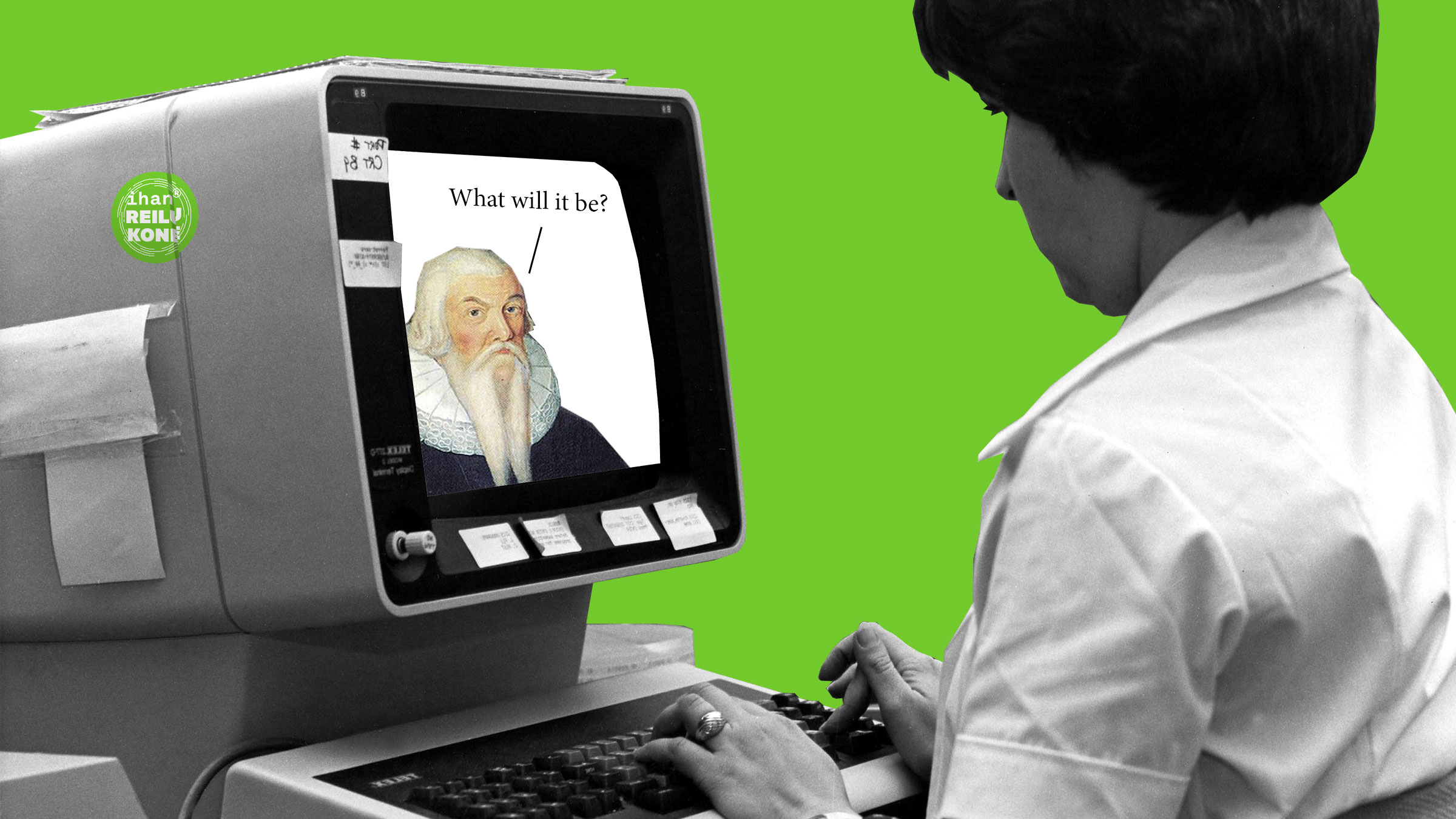
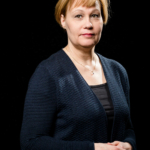





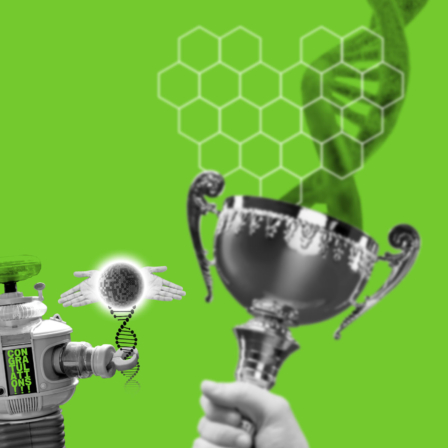
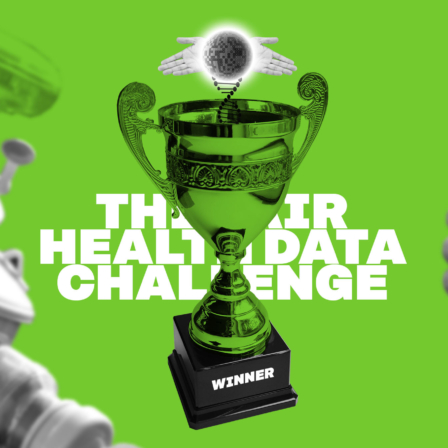
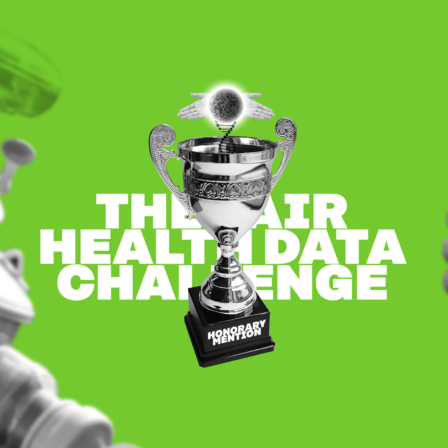




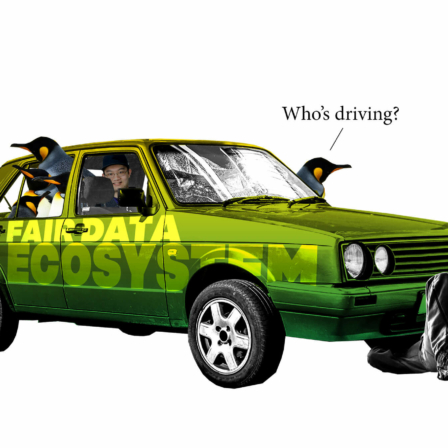



Recommended
Have some more.